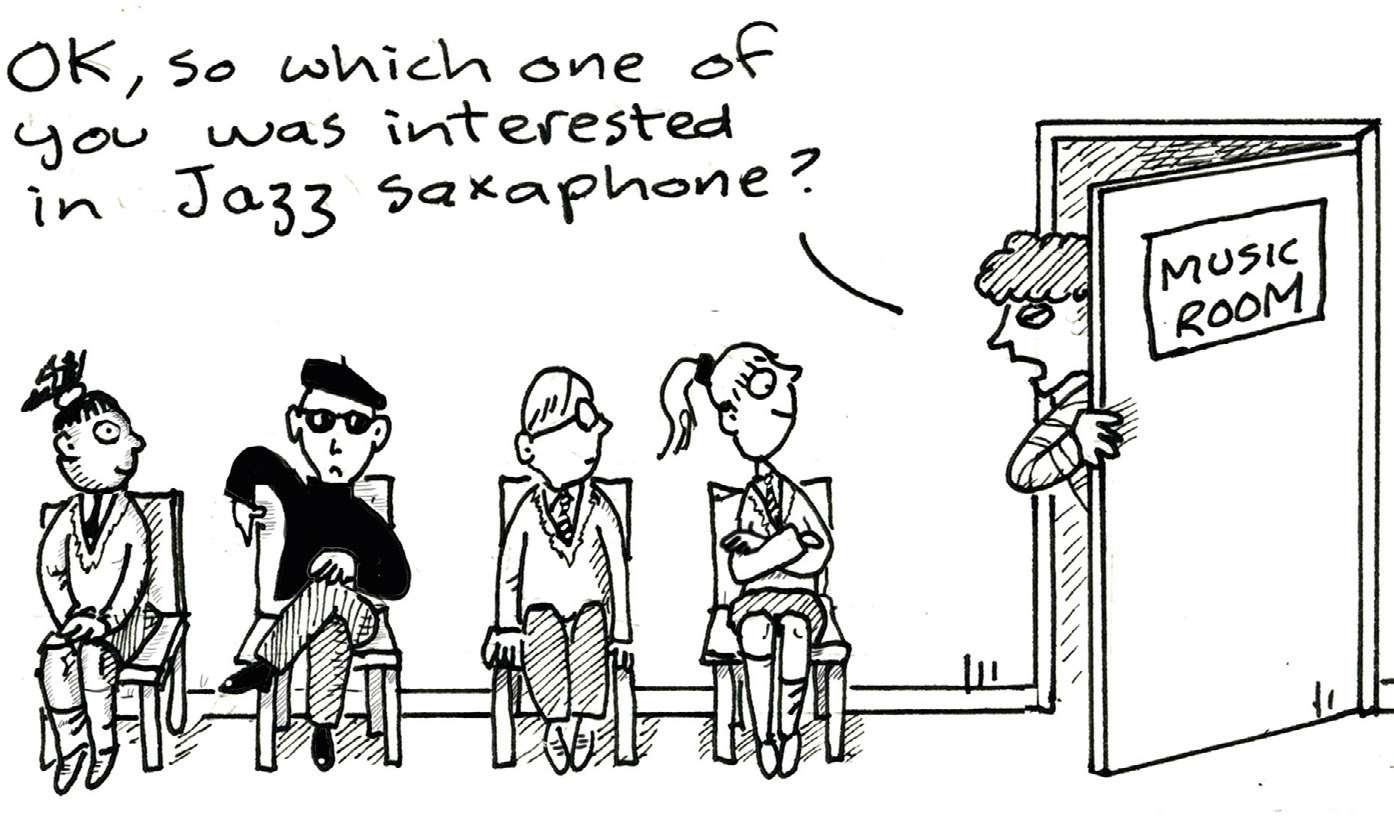
Atarah Ben-Tovim (1940–2022) and the RLPO – STAR LETTER
I was so sorry to hear of the passing of Atarah Ben-Tovim MBE, the flautist and inspirational educator.
Alan Stringer (1928–2012), one of my mentors, was principal trumpet of the Royal Liverpool Philharmonic Orchestra (RLPO) from 1953 to 1993 (save for 1960–61, when he played as principal with the LSO). This is how I came to know the RLPO first hand, and the calibre of this Liverpool band that included Atarah as principal flute.
Atarah Ben-Tovim was not so much an 'off-beat flautist' as The Times register has it, but rather a kaftan-wearing enthusiast with a remarkable gift for communicating with generations of primary-school children of all nationalities, including disabled pupils. The vehicle for this was a seven-piece band she struck up in 1975. Those taking part had colourful scores in large print, overflowing with border prints and editorial cartoons.
Her second husband, Douglas Boyd, a producer for BBC Television, elevated these activities to a new level, with recordings and a weekly series on Radio 3 (yes, Radio 3!), scripted by Boyd, and a Schools Prom at the Royal Albert Hall. Like the present writer, Atarah went to Paris courtesy of a scholarship; and, unlike this writer, prevailed when she auditioned to replace James Galway at the RLPO. Subsequently, Galway, with failing eyesight, went his own successful way.
Undeterred by grappling to fathom the Scouser's fiendish dialect, Atarah loved the wicked sense of humour at the RPLO, as well as the city and surrounding countryside. How we shall miss her zest for living life to the full.
Kit Thompson KCR OBE, Cambridge
Why not try the ocarina?
In the case studies published alongside the National Plan for Music Education, it is clear that some pupils have the opportunity to play a variety of instruments in curriculum music lessons. For example: 'Year 3 learn violin or viola, Year 4 learn clarinet or flute, and Year 5 learn the cornet'. This principle is echoed in many schools that aspire to achieve musical excellence and is held up as good practice.
In online presentations to Music Mark, Ofsted inspectors Mark Phillips (January 2021) and Christopher Stevens (March 2022) both question this approach. They point out that primary pupils should make continuous year-on-year progress when playing musical instruments, and this is not achieved by learning to play a different instrument every year, with early-stage learning repeated on each new instrument.
There is a dilemma here: what single instrument can all pupils learn to play in whole-class music lessons that will motivate them to reach higher levels of skill-acquisition and musicianship every year? Readers may like to suggest their own solution. Mine is an instrument that is equally accessible to 5-year-olds and 11-year-olds, and challenges both. It is taught by musically savvy teachers around the world and by general class teachers who may not consider themselves 'musical'. Children and adults alike can learn to play at any stage.
The English four-hole ocarina is 60 years old this year. It was accidentally invented by ethnomusicologist John Taylor in London in 1963 and first introduced to UK schools in 1983. Since then, the ocarina has gone through many metamorphoses and yet remains UK-made. Together with my wife Christa, I have published a 32-page handbook, Whole-School Ocarina-Playing, that will guide any teacher through their first, and subsequent, years of classroom instrumental teaching with all age-groups, using ocarinas, voices and other instruments. The ocarina's educational and musical potential is not widely understood in the music-teaching community. To rectify this, I would like to send a handbook to any reader of Music Teacher who requests a free copy: just email your name and postal address to music@ocarina.co.uk
The case studies show that, when it comes to classroom instrumental teaching, broad experience often takes precedence over deep learning. A 'smorgasborg' approach does not offer a proper musical diet. Ofsted seems to expect a deeper and more progressive approach than those modelled in the case studies.
In order to embed musical learning and instrumental skills increasingly and incrementally over a number of years, choice of instrument is key. While we all have our own favourites, the English four-hole ocarina is more accessible than most other instruments, with a diverse, appropriate and challenging repertoire, and a surprisingly chromatic range. Please request the handbook to take a fresh look at the possibilities of classroom instrumental teaching in your school. It doesn't have to be orchestral to be musical!
David Liggins, Kettering
The Peris by Harry Venning









